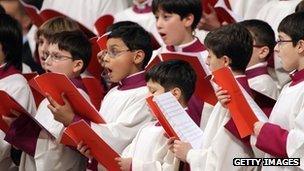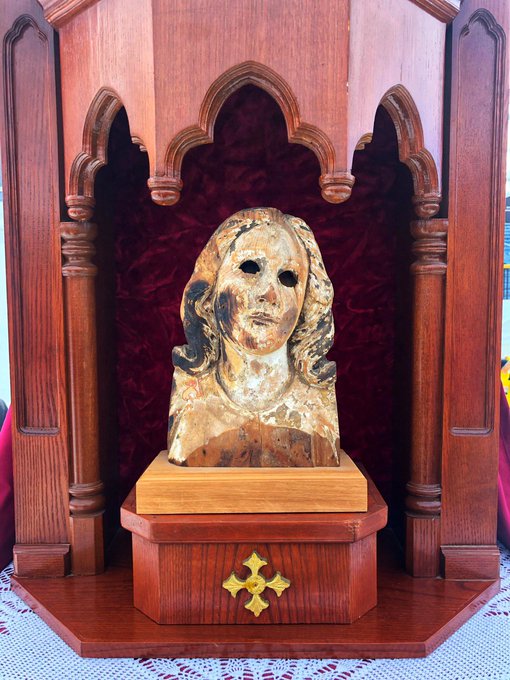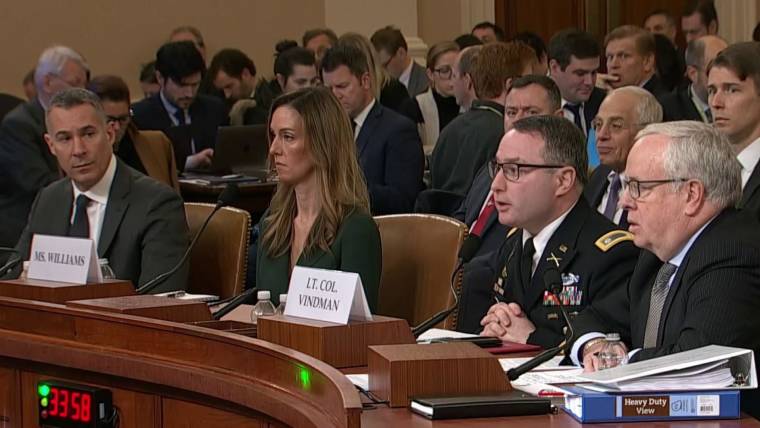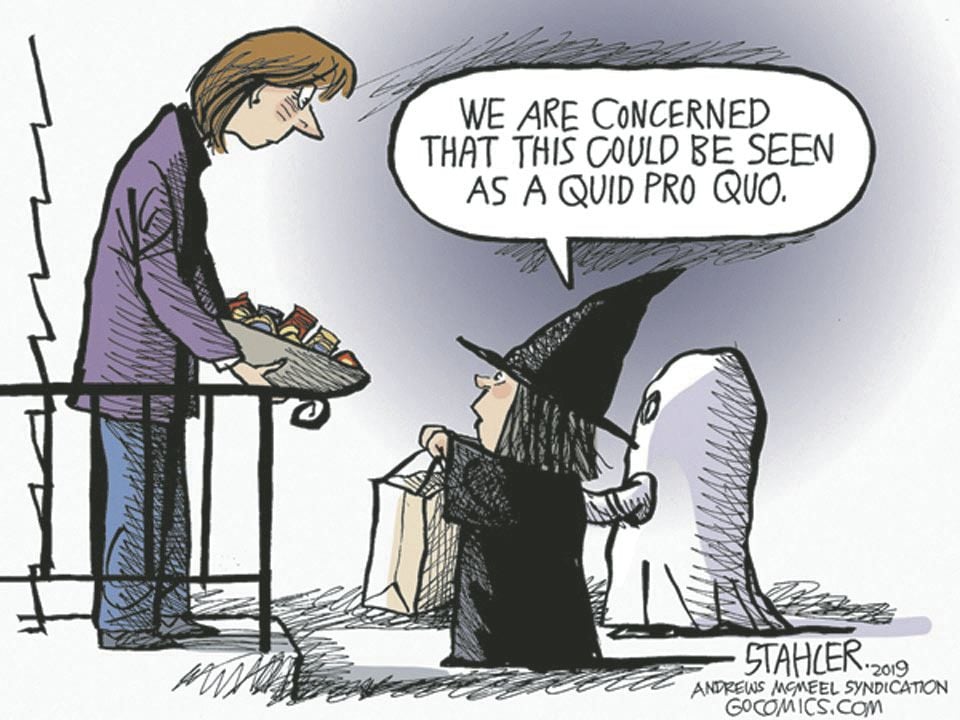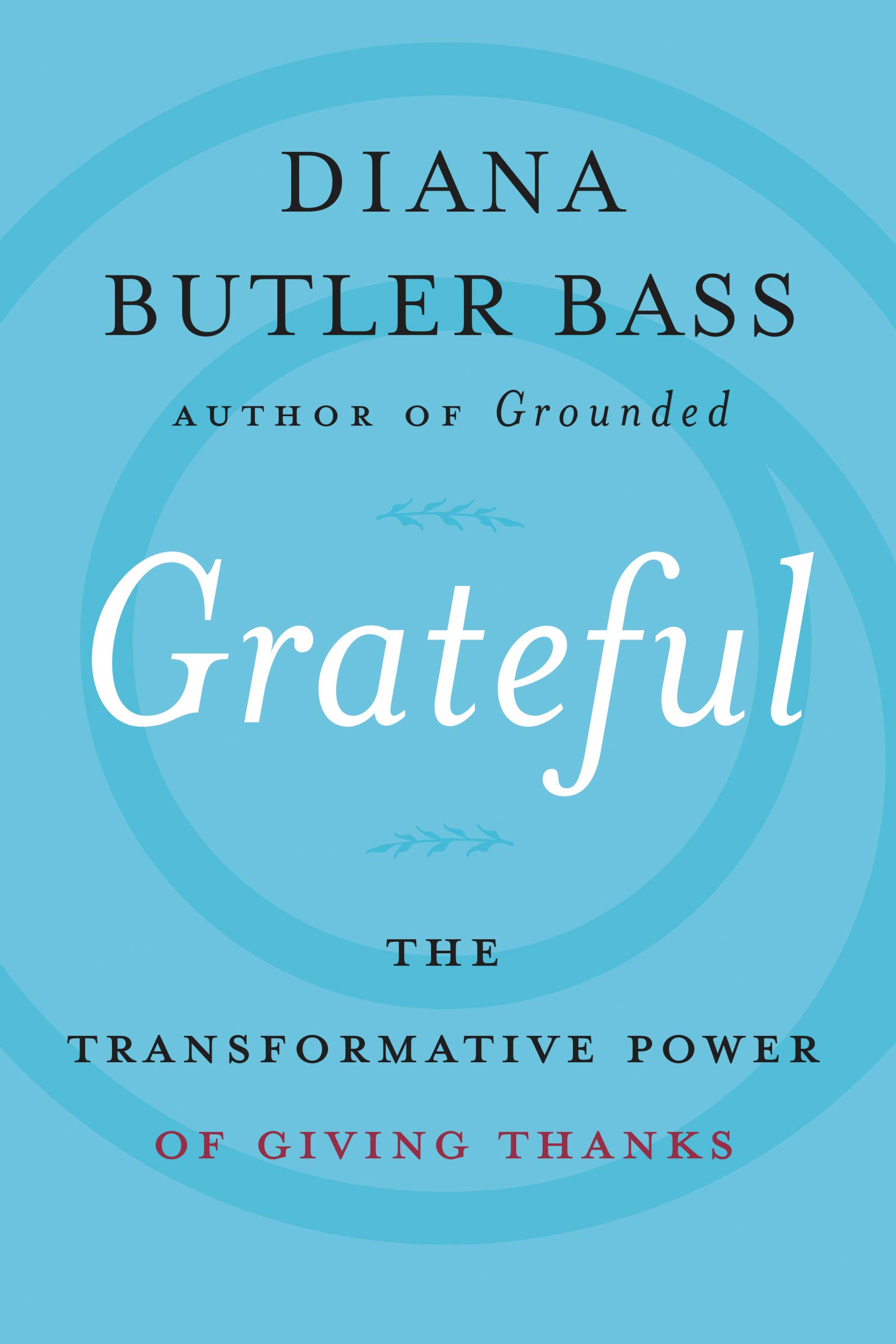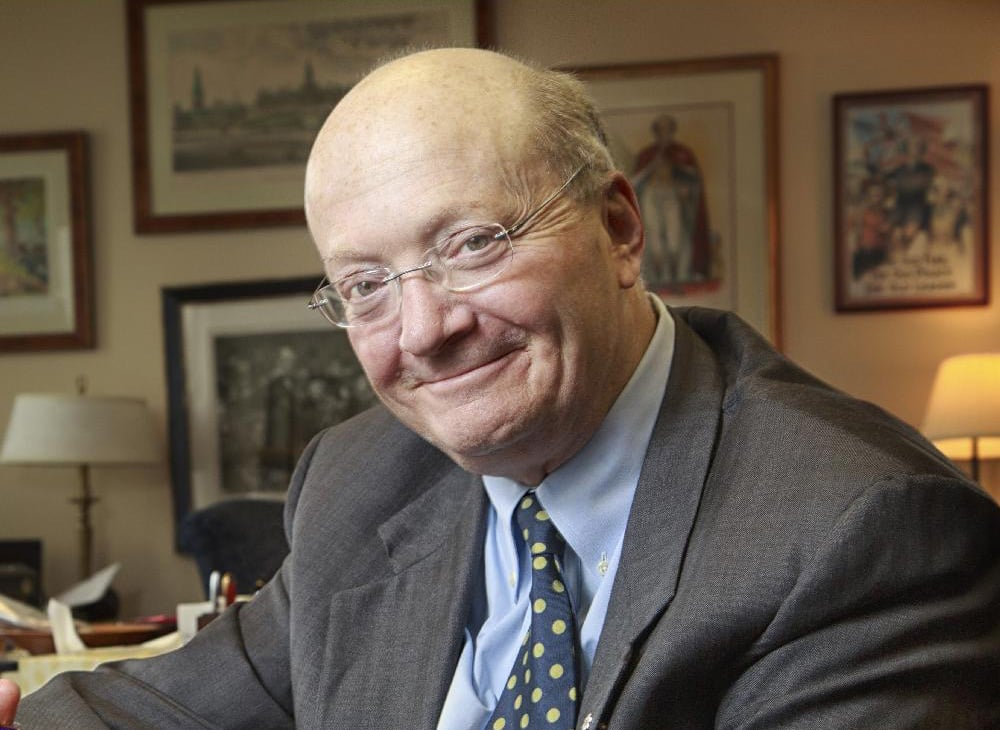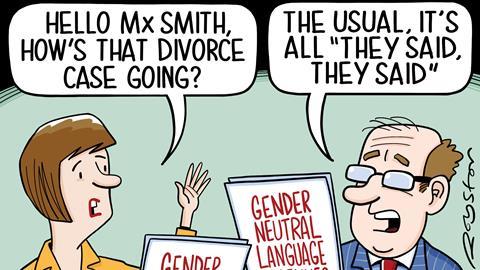
Workers walk past the perimeter fence of what is officially known as
a vocational skills education centre in Dabancheng
in Xinjiang Uighur Autonomous Region, China. (Thomas Peter/Reuters)
For years I have expressed concerns about religious persecution in China. While my primary focus has been on Christians whose church buildings have been destroyed and pastors incarcerated, I've also written about Muslims who may be under even greater restrictions.
Last week secret government documents were leaked showing that the Chinese government has been involved in a systemic program to undermine the Uighur, or Uyghur minority, which is predominantly Muslim. Uighurs have been monitored for years but these documents and other reports indicate that the persecution has escalated and that now close to one million are internment or concentration camps. They undergo indoctrination and other forms of brain-washing.
Outside of China, including here in Canada, Uighurs are being watched and students are concerned that their actions will have implications for parents and family members back home.
It's also believed that the Chinese tech giant, Huawei, is being used to monitor Uighurs at home and abroad. Canada is currently considering contracting with Huawei to implement 5G service in this country, something both the United States and Great Britain is discouraging.
Some are describing what is happening with the Uighurs as sinister. Another word comes to mind --evil. Once again I encourage you to pray for sisters and brothers in Christ who live under threat in China. We can pray for the Uighurs as well, and all those who are persecuted for their faith.

Screen grab of footage of the demolition of Golden Lampstand Church in Linfen city
in northern Shanxi Province, Jan. 9, 2018.



